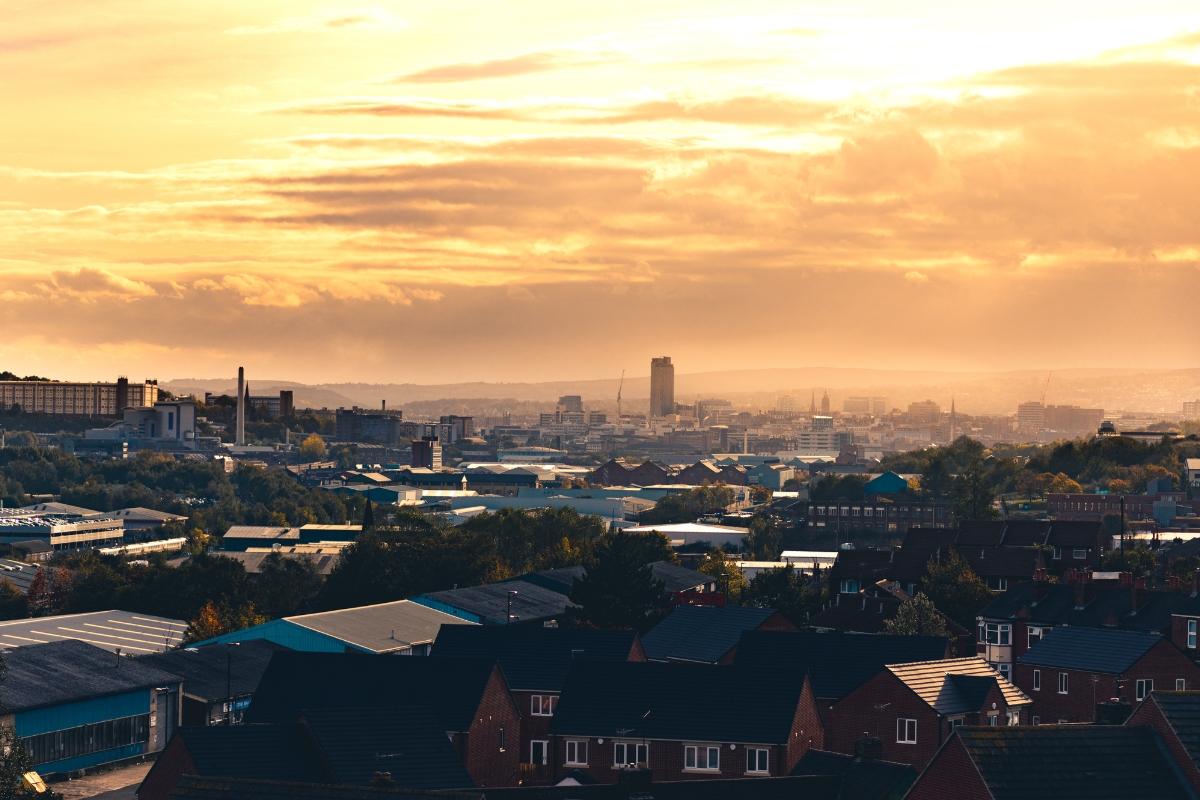Are you looking to buy your first home? Do you feel overwhelmed by the process and under prepared for such a big financial commitment? Don’t worry, you are not alone! Buying a house for the first time is one of the biggest life decisions many people will ever make and it can be quite intimidating. However with the right knowledge and preparation, home buying does not have to be a daunting experience.
In this blog post, we provide 5 tips for first home buyers to make sure this process goes as smoothly and stress-free as possible. From budgeting to location and Help to Buy valuations, we have it all covered.
1. Budget and consider all costs
Budgeting is an essential part of the home buying process. Establishing a budget and considering all costs associated with buying a home are important steps to take before beginning your search for the perfect property. This includes:
- Mortgage payments
- Closing costs
- Insurance premiums
- Taxes
- Utilities
Research different mortgage options to find the best fit for your financial situation and consider factors such as interest rates, loan terms, down payment requirements, and any additional fees or restrictions that could affect affordability over time.
Additionally, research potential tax deductions related to home ownership such as real estate taxes paid on the property or mortgage interest paid during the year, which can help offset some of these expenses when filing income taxes annually.
2. Build your deposit early
As a first-time home buyer, it is important to start building your deposit early so that you can access a wider range of mortgages with better rates. Generally speaking, lenders require a mortgage deposit of at least 5% of the total value of the property you wish to purchase. In other words, if you are aiming for a £250,000 property, then saving up £12,500 is necessary.
However, for higher cost mortgages it may be wise to save more than this amount as it will lower your risk profile and open up your options with mortgage lenders.
3. Determine your ideal location
When it comes to buying a home, location is key. It is important to determine what type of neighbourhood you want to live in and research local amenities and services available in the area. Things to consider include commuting times and distances to work, school, and other activities when selecting a location.
Location plays an integral role when purchasing a home, so it is important that buyers consider all factors involved before signing on the dotted line. Thoroughly researching neighbourhoods can help ensure that buyers find their perfect fit and avoid any regrets later down the road.
4. Get a home survey carried out
Home inspection is an important step in the home buying process. It allows potential buyers to uncover any issues with the property that may need to be addressed before purchase. A qualified surveyor should be hired to inspect the property and ask questions about any issues found during the inspection process.
RICS chartered surveyors look for structural damage, pest infestations, electrical and plumbing issues, roofing concerns, and other safety hazards that might otherwise go unnoticed by someone without professional training or experience in these areas.
They will also have knowledge of local building codes and regulations as well as expertise in identifying potential problems within different types of homes. For this reason, hiring a qualified surveyor is essential when it comes to inspecting a property before purchase.
Help to Buy valuation
A RICS accredited surveyor can also provide a Help to Buy valuation, which determines how much money can be borrowed under the government-backed scheme, enabling buyers to purchase properties they would otherwise not be able to afford. The surveyor will inspect both the interior and exterior aspects of the building, making sure it meets the criteria set out by Help to Buy scheme regulations. They will then produce a report which informs buyers how much they can borrow and once approved, this provides buyers with a deposit on their home when they reach completion day.
5. Get familiar with negotiations & closing costs
Negotiations and closing costs are an important part of the home buying process. Before making a purchase, it is essential to understand negotiation strategies and closing costs associated with buying a home.
Negotiating the price of your new home can be intimidating, but there are some strategies that may help you get the best deal possible. For example, researching similar homes in the area and understanding market trends can give you an idea of what is reasonable to offer on a property. What’s more, having preapproval from your lender will demonstrate that you’re serious about purchasing and may make sellers more willing to negotiate on price or other terms.
6. Make sure you prepare
Moving into a new home is an exciting time, but it also requires careful planning and preparation. Before you move in, create an inventory list of all the items that will be moved into your new home – this will help ensure that nothing gets left behind or lost during the transition.
Once you’ve settled in, it’s important to then understand the maintenance requirements for your new home. Make sure to familiarise yourself with any warranties associated with appliances and other features of your house so that you can take advantage of them if needed.
Finally, keep up to date on regular maintenance tasks such as changing air filters regularly, cleaning gutters annually, and inspecting smoke detectors monthly. This will help maintain the value of your property over time and taking care of small issues before they become bigger problems is key to keeping your house looking its best while avoiding costly repairs down the road.
Buying a house for the first time is an exciting and rewarding experience. However, it can also be daunting for first time home buyers who are unfamiliar with the process. By following these first time buyer tips for first time home buyers – budgeting, researching location, getting a thorough inspection, negotiating closing costs and understanding maintenance requirements – you can ensure that your purchase will be as stress-free as possible.
With the right preparation and knowledge of what to expect from the process, you will soon find yourself in your dream home.
Get a RICS Home Survey for First Time Buyers Today
CJ Bloor provides comprehensive surveys and Help to Buy valuations that are tailored specifically to your requirements and we use our extensive knowledge to ensure that all of your queries are answered. We also offer obligation-free quotes and advice so you can get the right information without any pressure or commitment.
Our team are RICS qualified and have vast experience in evaluating properties according to the regulations set out by the Royal Institute of Chartered Surveyors (RICS). If you’re a first time buyer, get in touch with us today to find out how we can help provide the best survey possible for your home or property.




